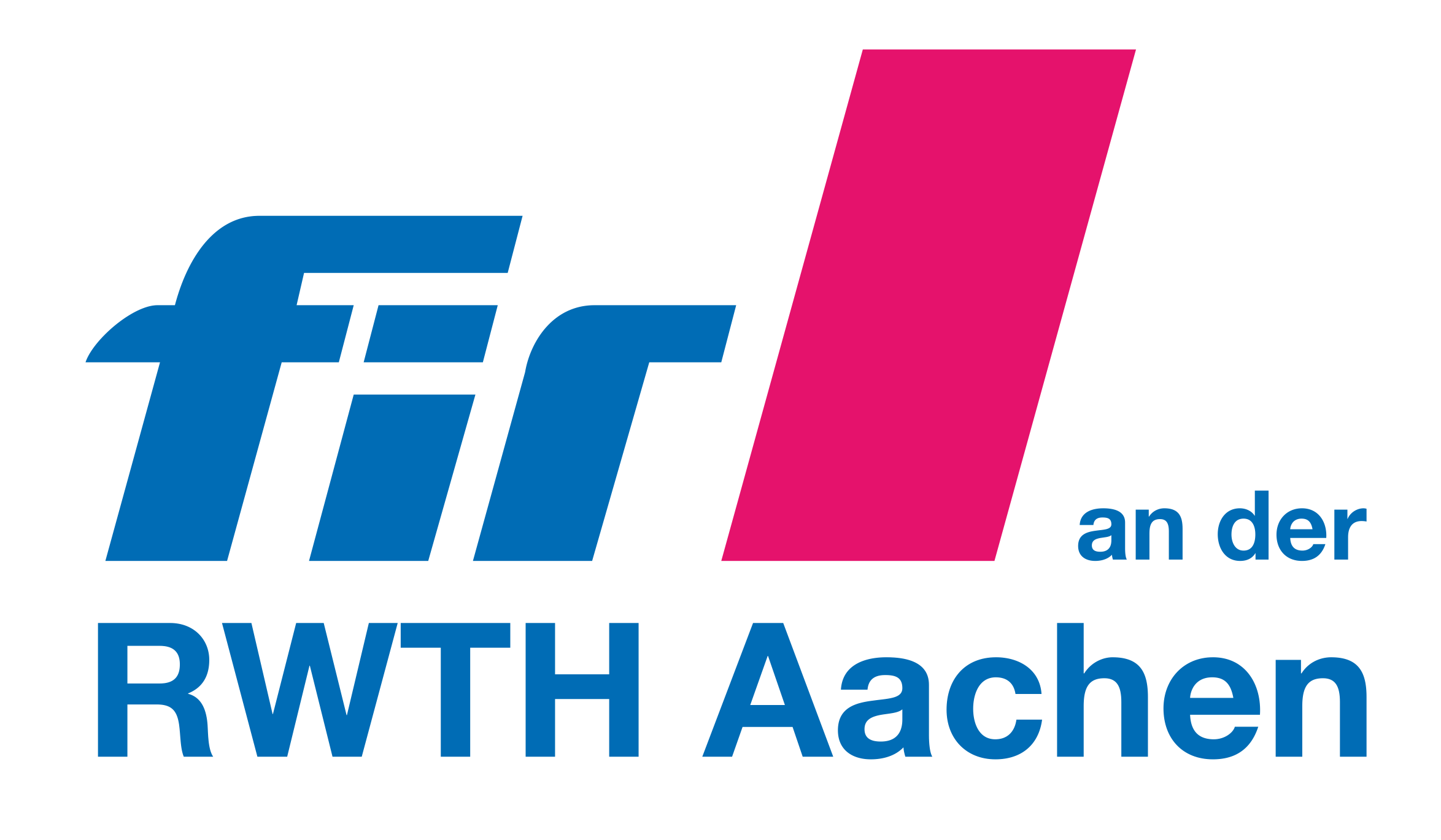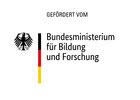Di-Link
Digital solutions for industrial plastics cycles

The "Di-Link" project primarily serves the goal of realizing a resource-efficient, sustainable closing of cycles for companies in the plastics industry. In the "DiLinK" project, technologies are being developed and infrastructures set up to exploit the potential for the use of recycled plastics. This is made possible through research and development into innovative digital system solutions that are tailored to the problem at hand. The aim is to produce high-quality products from recycled plastics, to avoid plastic waste and to close material cycles in the sense of a circular economy. The digital system solutions involve in particular the development of innovative electronic equipment for data acquisition by sensors in the field of process measuring technology and the subsequent data processing and transfer by means of appropriate software solutions. This resource-conserving model of plastics use creates secure supply structures that enable the exchange of resources along the value chain, in which the use of secondary plastics is to be increased through cooperative collection, processing and distribution. This return to the material cycle makes a targeted contribution to waste avoidance and increased raw material efficiency.
Initial situation
Limited raw material resources on our planet are reasons why recycling and reuse of waste products play an increasingly important role in society and industry. Because instead of using the technical and economic reuse of waste products through recycling, they are disposed of. For example, currently only 13 percent of the materials used in plastics processing are secondary plastics (recyclates). This is because large quantities of recyclates can currently not be processed at all, or only into inferior products. In particular, the lack of information about the composition and quality of the recyclates inhibits the reuse of secondary materials and promotes the use of primary materials. In addition, there is also a lack of confidence in the quality of the secondary plastics identified along the process chain, which leads to excessively strict requirements for raw materials on the part of plastics processors and thus prevents the use of secondary raw materials. One of the reasons for this is the large number of different sources of residual materials. In terms of the recyclate, this can be reflected in the product quality. Sometimes, product properties vary from batch to batch, which makes it difficult to process within the framework of the producers' tailor-made processes.
With the help of the "Di-Link" sensors to be developed, these fluctuations in product quality can be detected and avoided or digitally documented, so that recyclate buyers can obtain the relevant information on the materials and thus purchase the right material or adapt their processes accordingly.
Solution approach
The "Di-Link" project, an interdisciplinary team is helping to increase the use of secondary plastics through cooperation in research and development. The FIR uses its broad network to link companies with each other, to enable an inter-industry exchange, to transfer research results sustainably into the economy and to realize them there. Supporting software solutions for data processing and the establishment of value-added networks help to increase information transparency and create an ecosystem for recycling. The digital system solutions involve in particular the development of innovative electronic equipment for data acquisition by sensors in the field of process measurement technology and the subsequent data processing and transfer by means of appropriate software solutions. In addition, individual roles within the value-added network of the plastics industry are defined and exchange relationships visualized. Furthermore, an automated quality verification system for secondary materials allows them to be returned to the cycle as high-quality materials.
Expected result
- Innovative solutions to use plastic recyclates more safely and reliably and to promote the use of recyclates.
- Promoting data transparency, communication and delivery.
- Expansion and sustainable strengthening of the entire value-added network of the recycling economy in the plastics industry.
- Identification of obstacles, such as the poor image of recyclates.
- Safe supply structures within the framework of the circular economy.
Benefits for the target group
The results should especially support SMEs in the necessary digital transformation and the integration of these newly developed digital solutions in order to ensure a sustainable implementation and to be disseminated through further education offers. The solutions developed are to be tested by means of company cooperations and subsequently enable plastics processors, end users and recyclers to collect, process and return previously unused or little used secondary plastics in larger quantities into the cycle. The additional information, together with the rapid availability of digital data along the value-added chain, will make it possible to play a pioneering role in the rapidly growing recycling market and thus secure the international competitiveness of Germany as a business location.
Project partners
Associated partners
Branch
- Machinery and Plant Engineering
Topic Area
- Business Transformation
Research Focus
- Business Transformation Management
FIR Topics
JRF Guiding Topic
- Industry & Environment
Contactperson
Projectinfos
Duration
Funding no.
033R235CFunding information
Di-Link is supported by the Federal Ministry of Education and Research within the framework of the funding measure "ReziProK - Resource-efficient recycling management - Innovative product cycles". The underlying project was funded by the Federal Ministry of Education and Research under the funding code INNOPRO-098 Di-LINK.



